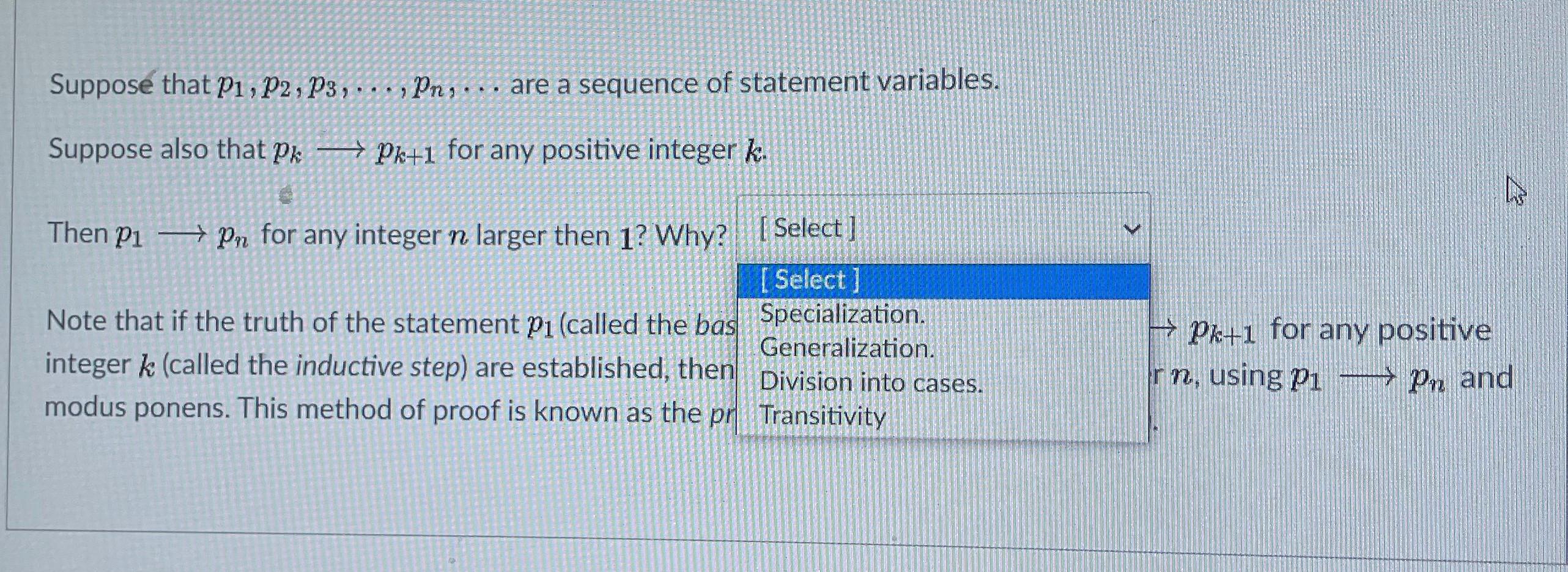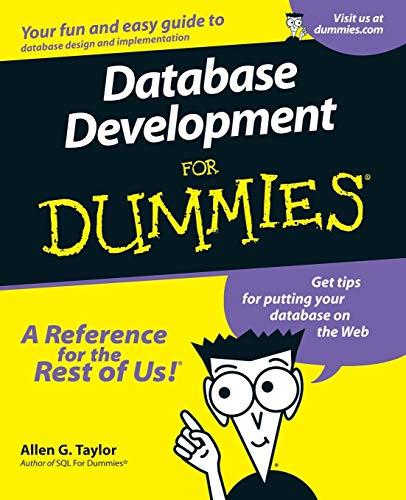Answered step by step
Verified Expert Solution
Question
1 Approved Answer
Suppose that P1, P2, P3, ..., Pn,... are a sequence of statement variables. Suppose also that pk Pk+1 for any positive integer k. Then P1


Step by Step Solution
There are 3 Steps involved in it
Step: 1

Get Instant Access to Expert-Tailored Solutions
See step-by-step solutions with expert insights and AI powered tools for academic success
Step: 2

Step: 3

Ace Your Homework with AI
Get the answers you need in no time with our AI-driven, step-by-step assistance
Get Started


